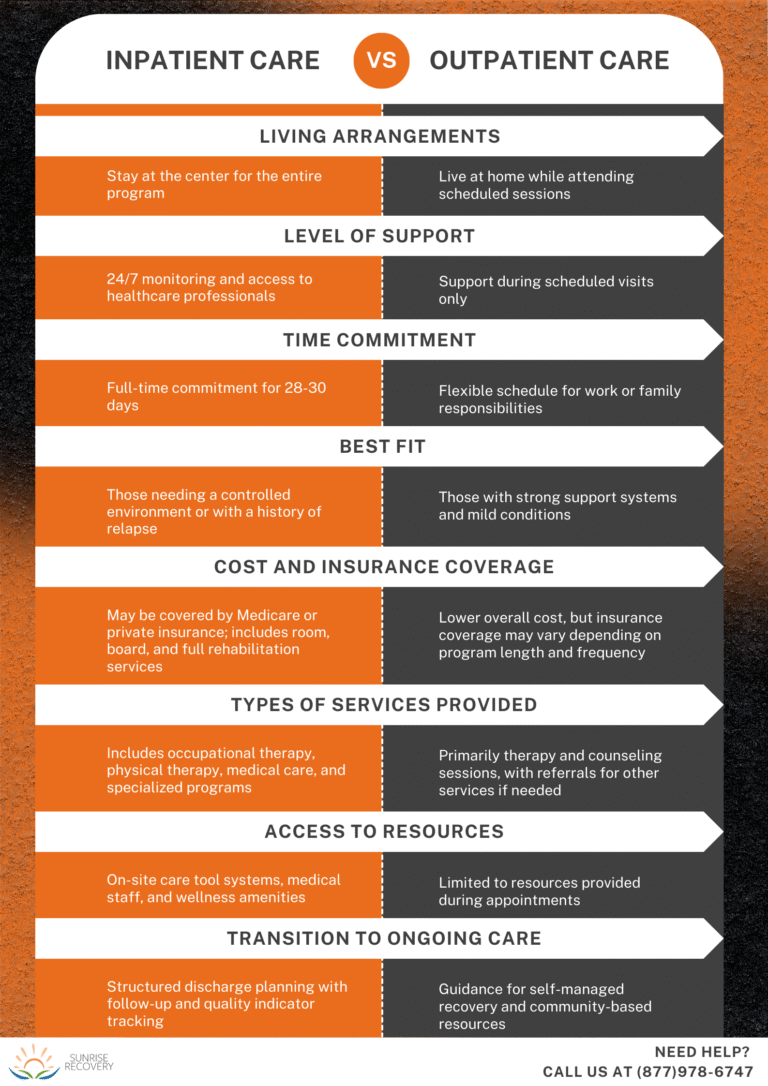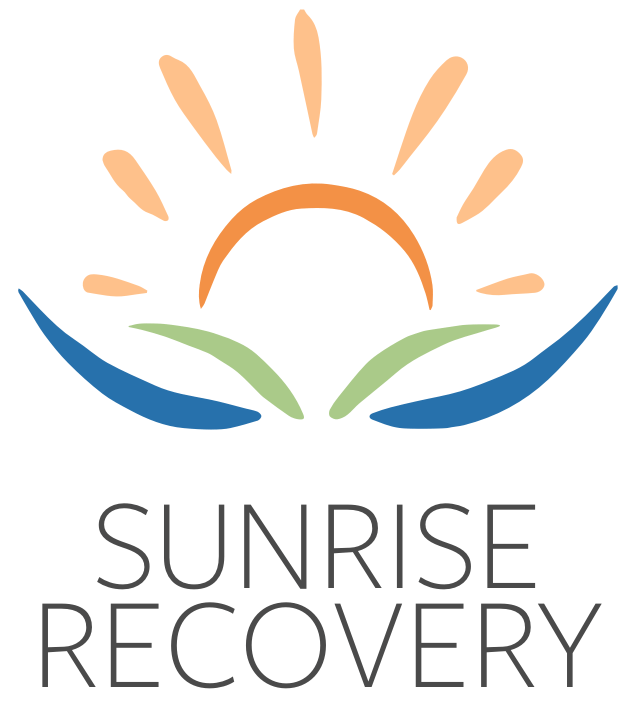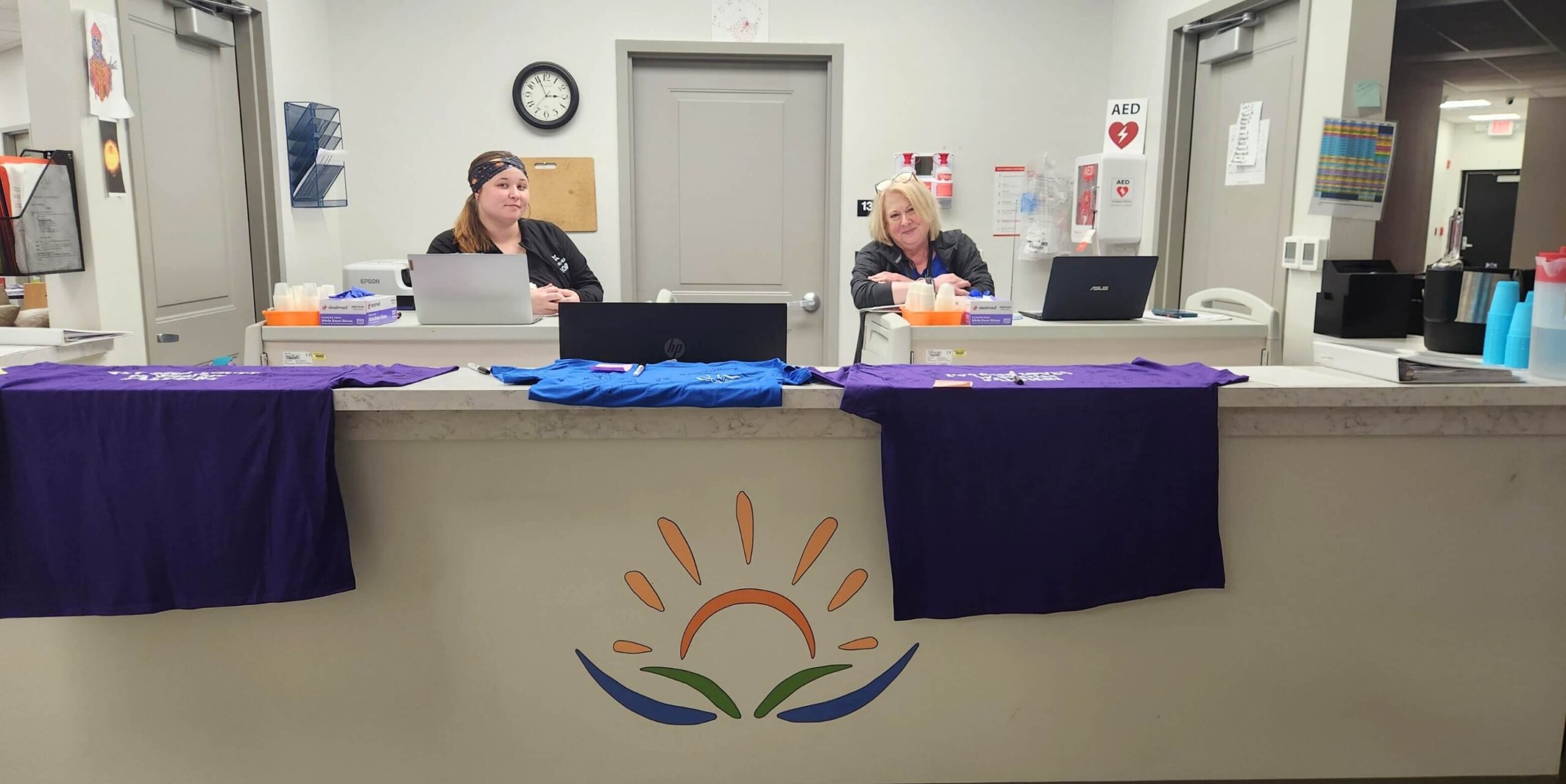Many people wonder if inpatient rehab is the right step when struggling with substance use or recovering from a serious health condition. This type of care offers a structured, supportive environment where individuals can focus entirely on their recovery without the distractions of everyday life.
In this article, you will learn how inpatient rehabilitation works, who benefits most from it, how it compares to outpatient care, and what to expect from programs like those offered at Sunrise Recovery.
For some, choosing between inpatient or outpatient rehab can feel overwhelming without clear guidance. Understanding the unique features of inpatient care, such as round-the-clock support and specialized therapies, can help make the decision easier.
You will also discover how these programs address different needs, from medical stabilization to ongoing therapy, so you can decide if it is the right approach for your situation.
What Is Inpatient Rehab?
Inpatient rehab is a type of addiction treatment where individuals stay at a treatment facility for the duration of their program. It offers inpatient care in a structured environment designed to promote healing, providing the highest level of physical rehabilitation that a patient can receive for those recovering from serious illness or injury.
Unlike outpatient care, it provides constant access to medical professionals and therapeutic support to address both physical and emotional needs.
The main difference between inpatient rehabilitation and outpatient programs is the level of supervision and time commitment. Inpatient rehab requires living on-site at a center, while outpatient care allows participants to return home after scheduled sessions.
This higher level of structure makes inpatient rehab a better option for those with more severe challenges or a higher risk of relapse.
How Inpatient Rehab Works
The Admission and Assessment Process
When a person arrives at an inpatient “rehab” facility, the first step is a full intake covering both medical and psychological evaluations. This process helps staff understand the patient’s health history, past or current alcohol use, and specific needs for care. Experts then create a care plan that outlines personalized goals and interventions to guide recovery.
A complete diagnosis allows the team to match the patient with therapies that best suit their condition. The plan may involve medical management, counseling, and skill-building activities as part of a targeted rehab program. Every step is designed to address the individual’s challenges and build a strong foundation for long-term progress.
A Structured Daily Schedule
Inpatient rehabilitation operates on a consistent schedule that promotes stability and focus. A typical day at the facility includes therapy sessions, educational workshops, recreation periods, and rest times arranged in a predictable order. This structure creates a sense of security and keeps patients engaged in productive activities.
Routines in inpatient care also encourage healthy lifestyle habits that can continue after discharge. Regular participation in therapy, skill-building classes, and group activities helps strengthen coping skills. These habits form part of the ongoing treatment that supports lasting recovery.
A Variety of Therapies and Programs
Therapy in an inpatient setting can include individual counseling, group sessions, and family meetings. Additional services such as occupational therapy and physical therapy address physical health alongside mental well-being. All of these services are combined into a customized rehab program that meets the patient’s unique needs.
Evidence-based treatments like cognitive behavioral therapy are paired with holistic options such as mindfulness or art therapy. This combination helps patients develop coping strategies and improve emotional regulation. The variety ensures that care addresses the whole person rather than focusing only on symptoms.
Around-the-Clock Support
Staff at inpatient rehab centers provide care and supervision at all hours of the day and night. Patients have immediate access to medical help, counseling, and emotional support whenever it is needed. This constant presence can be essential during withdrawal or times of heightened stress.
Having trained professionals on-site at the center creates a safe and stable environment for healing. Access to 24/7 treatment also reduces the risk of relapse during the vulnerable early stages of recovery. The availability of support builds confidence and reassurance for patients as they progress through their program.
Inpatient vs. Outpatient: Key Differences
Choosing between inpatient and outpatient care depends on a person’s needs, available support, and specific treatment goals.

Both options can be effective, with inpatient care offering continuous support in a structured environment and outpatient care providing flexibility for those with strong home support.
Who Is Inpatient Rehab Best For?
Inpatient rehab is most suitable for individuals who require an intensive, highly structured environment to address complex needs and support long-term rehabilitation.
- Severe Substance Use Disorders: Those with long-term or heavy dependence on substances, including addiction to alcohol or drugs, often benefit from the immersive nature of inpatient care.
- High Risk of Relapse: Individuals who have previously attempted outpatient programs without success may need the controlled setting of an inpatient treatment approach.
- Dual-Diagnosis Needs: Patients who require care for both substance use and mental health disorders, often referred to as co-occurring conditions, need specialized therapy and medical oversight.
- Medical Recovery After Hospitalization: Those leaving a hospital or nursing facility after an injury or major surgery may transition into inpatient programs for continued care.
- Lack of Stable Living Environment: People without a supportive home setting may find stability, safety, and consistent care in an inpatient center.
Choosing this level of care can provide the safety, structure, and professional resources necessary for individuals to achieve meaningful progress in their recovery journey.
What to Expect at Sunrise Recovery’s Inpatient Program
Clients entering Sunrise Recovery’s inpatient drug rehab program can expect personalized inpatient care designed to address both medical and emotional needs.
- Clarksville Location and Gender-Specific Options: The program offers separate housing for men and women, creating a safe and supportive environment for healing.
- Comprehensive Rehabilitation Services: The team provides medical supervision, acute care, and support for complex mental health concerns, including those covered by Medicare.
- Evidence-Based and Holistic Therapies: Treatment combines counseling, occupational therapy, and wellness activities tailored to individual goals, tracked through a care tool.
- Dual-Diagnosis Support: Clients with co-occurring conditions benefit from integrated therapy and psychiatric care.
- Family Involvement: Families are encouraged to participate in therapy sessions, enhancing communication and building a stronger support system during rehabilitation.
This combination of structured care, professional expertise, and personal support helps patients build the skills and confidence needed for long-term recovery.
Final Thoughts
Choosing inpatient rehab can be a life-changing decision for individuals seeking a structured path toward better mental health. It offers continuous support, evidence-based therapies, and a safe environment that reduces the risk of relapse while promoting steady recovery.
This level of care addresses substance use, medical needs, or both, and provides the tools and guidance needed for lasting progress.
People who consider this type of program can speak with an admissions team to determine the right approach. Sunrise Recovery’s experts answer questions, explain options, and guide individuals through the enrollment process.
Taking the first step toward treatment today opens the door to a healthier and more stable future.
Frequently Asked Questions (FAQs)
How long does inpatient rehab usually last at Sunrise Recovery?
Our inpatient residential program lasts for 28 days, or several months, depending on your needs. The duration is determined by the severity of the condition, the patient’s progress, and the goals set at the start of treatment. A longer stay can allow more time for therapy, skill-building, and adjustment to healthy routines.
Is inpatient rehab more effective than outpatient care?
Inpatient programs can be more effective for people who need a higher level of structure and support. They provide constant access to medical and therapeutic care, which can help prevent relapse.
Outpatient care can be effective for those with strong support systems and mild conditions, but inpatient treatment may be better for complex cases.
Does Sunrise Recovery offer dual-diagnosis treatment?
Yes, the program treats both mental health conditions and substance use disorders at the same time. Integrated care means therapists, doctors, and other specialists work together on a single treatment plan.
This approach can improve long-term results because it addresses all challenges affecting recovery.
Can my family be involved during inpatient treatment?
Family participation is encouraged through therapy sessions and scheduled visits. Involvement can help patients feel supported and understood during treatment. Families also learn communication and coping skills that can strengthen relationships after discharge.
Where are Sunrise Recovery’s inpatient facilities located?
Sunrise Recovery operates inpatient services in Clarksville, Indiana. The setting provides a safe, structured environment for focused treatment. Its location also allows family members to visit and participate in therapy without traveling far.







